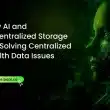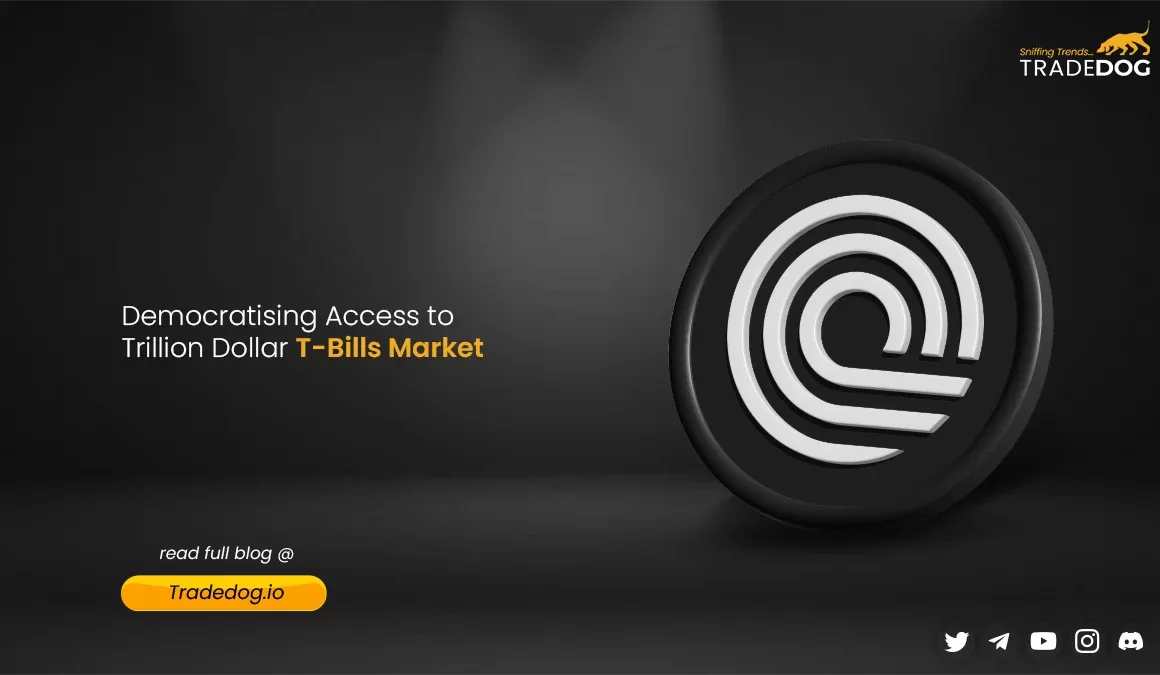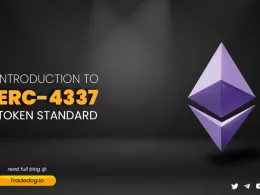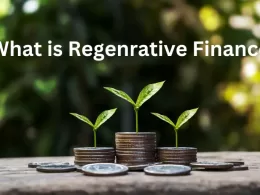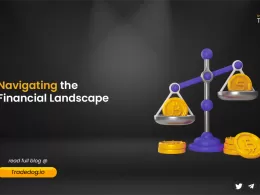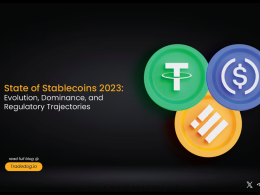Quick Links
The 2008 financial crisis shook people’s trust in traditional financial institutions like banks and investment firms. Many individuals lost their savings and homes due to the risky practices of these institutions. As a result, people sought more control over their finances without relying on third parties.
This is where DeFi presented itself as a solution, built on the premise of providing free access to financial services for everyone. It relied on smart contracts and was supported by blockchain technology, which acted as an open and transparent ledger.
As the concept of DeFi evolved, its proponents advocated for keeping a certain distance from the traditional financial system. They wanted to replace the whole TradFi with DeFi which I do not feel is the right path ahead for adoption. Disruption does not mean replacement, but it clearly means that the loopholes within the system need to be fixed.
In 2022 alone, DeFi suffered from exploits and access control hacks that resulted in losses of $2.8B for investors. This raised concerns among regulators who were determined to remove illicit funds from the system and enforce regulatory and compliance practices.
These incidents also damaged investors’ trust, as evidenced by the fact that the total value locked (TVL) in DeFi decreased to $38.6B as of October 8, 2023, which is approximately 78% down from its all-time high TVL reached in November 2021 ($177.6 billion).
Clearly, if DeFi has to survive and thrive, it must regain investors’ trust. This is where Ondo Finance comes into play. By implementing robust compliance structures, Ondo aims to democratize access to high-quality financial products and services through blockchain technology.
What is Ondo Finance?
Ondo Finance has developed a suite of products that grant access to financial services through high-quality on-chain offerings. Its primary offering is USDY, a tokenized note secured by short-term T-Bills (35%) and bank deposits (65%). USDY offers a variable yield adjusted monthly.
Its other product is OUSG (Ondo Short-Term US Government Bond Fund), offering access to an ETF of short-term US Treasuries while OMMF (Ondo Money Market Fund) offers exposure to US government money market funds.
Further, there is Flux Finance, which is essentially a version of Compound V2 (a decentralized lending protocol) with added features to support permissioned tokens, such as OUSG. As of now, Flux has a total supply balance of $71.9 million (money lent to the protocol), with a total borrow balance of $28.9M. It’s worth noting that Flux has been acquired by the Neptune Foundation.
The Ondo Finance ecosystem currently boasts a total value locked (TVL) of $204.2M, with $173.8M invested in OUSG and $30.7M in USDY. OMMF has yet to become operational.
Why Now for Ondo Finance?
Given the current state of the DeFi landscape, it is evident that institutional support is needed to rebuild trust. This is where Ondo Finance can seize the opportunity and establish itself. Ondo Finance has partnered with world-class bond managers like Blackrock ($9.43T Assets Under Management), and Ankura Trust is the Verification and Collateral Agent for USDY holders.
With the downfall of giants like Genesis Global, Voyager Holding, to name a few… it’s crucial to reinstate institutional trust while allowing investors with an opportunity to cumulate yield on their cryptocurrency holdings. This is where Ondo Finance aims to carve out its niche.
Present Market Opportunity
USDY
The total market capitalization of stablecoins currently stands at $124.3B. USDY aims to disrupt this market by offering an attractive yield and providing institutional-grade investor protections.
USDY will be overcollateralized by approximately 3%, which means that for every $100 worth of USDY issued, $103 worth of bank deposits and Treasury bills will be held as collateral.
Moreover, Ankura, the verification agent, will provide daily transparency reports. In the event of default, Ankura has the authority to liquidate the account assets and repay the token holders. It’s important to note that USDY does not offer instant redemption, meaning you cannot instantly convert it to cash.
U.S. Treasury Market
According to SIFMA Research, from January to September 2023, a staggering $11.5T worth of T-Bills were issued, marking a 25.6% increase year-on-year. This translates to an average monthly issuance of $1.27T. This is where OUSG aims to capture its market share by allowing access to the US treasury market and offering investors the opportunity to invest with stablecoin.

Conclusion
Ondo Finance has been developed by an impressive team with extensive experience at leading institutions such as Goldman Sachs, Circle, and Blackrock. For instance, Katie Wheeler, who currently serves as the Vice President of Partnerships at Ondo, previously held the position of Vice President at Circle and Blackrock. Other key team members, including Nathan Allman and Justin Schmidt, have professional backgrounds rooted in Goldman Sachs and were instrumental in its Digital Assets strategy.
Ondo Finance initially secured $4M in seed funding from Pantera, followed by a $20M Series A round co-led by Peter Thiel’s renowned VC firm, Founders Fund, and Pantera Capital. In May 2022, Ondo conducted a public sale on Coinlist, wherein they raised $10M.
Ondo Finance’s suite of products, including USDY and OUSG, offers innovative solutions to safeguard investments and provide access to lucrative markets. As the stablecoin market faces disruption and OUSG opens the door to the trillion-dollar T-Bills market, Ondo Finance is well-positioned to redefine financial accessibility.

